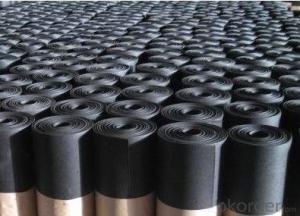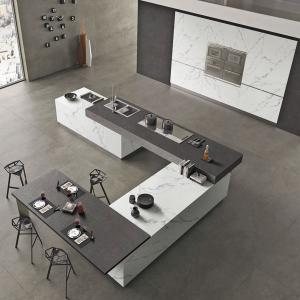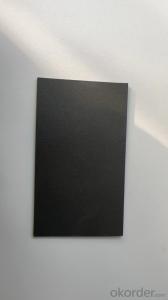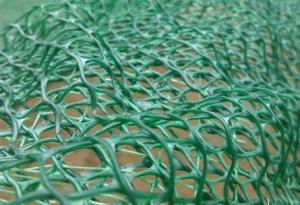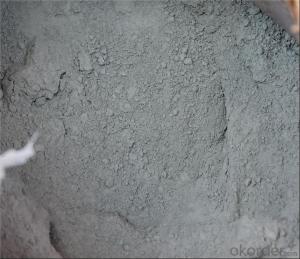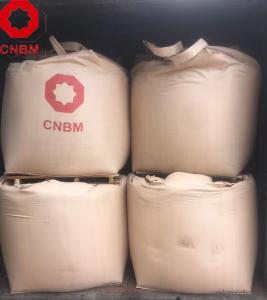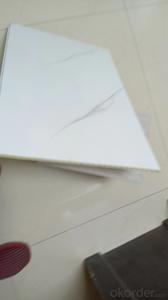EPDM Waterproofing Membrane for Agriculture
- Loading Port:
- Shanghai
- Payment Terms:
- TT OR LC
- Min Order Qty:
- 50000 m²
- Supply Capability:
- 5000000 m²/month
OKorder Service Pledge
OKorder Financial Service
You Might Also Like
EPDM Waterproofing Membrane for Agriculture
Description Of EPDM Waterproofing Membrane for Agriculture:
·Filament polyester filler base sheet material:
·The combination of filament polyester filler base and SBS modified bitumen forms an excellent comprehensive performance and high quality waterproof sheet material;
·High strength waterproof layer and strong water pressure resistance;
·Good performance of breaking resistance, tearing resistance, fatigue resistance, corrosion resistance, mould resistance and weather resistance;
·High tensile strength, high elongation, high adaptive capacity to base shrinkage deformation and fracture;
·Good resistance performance of low and high temperature: It could still work under -20℃ , be applicable to cold and hot regions, especially in chilly region;
·Good workability: It can be constructed by heat fusion method in the four seasons of the whole year and hot-joint is reliable and durable.
·Alkali-free glass fiber filler base sheet material:
·Combination of economical filler base and high performance SBS modified bitumen.
·Higher tensile strength, excellent resistance to high and low temperature.
·Good performance of corrosion resistance, mould resistance, weather resistance and good workability.
·Glass fiber reinforced polyester filler base sheet material:
·It is safe and eco-friendly by using mechanical mounting of construction.
·The product has better dimensional stabiliy.
Main Features of EPDM Waterproofing Membrane for Agriculture:
·Polyester felt filler base elastic modified bituminous waterproof sheet material is appropriate for the roof and underground waterproof constructions of industrial and civil engineering projects;
·Waterproof type Ⅱ is appropriate for roof type Ⅰ , Ⅱ and underground waterproof projects;
·Glass fiber reinforced polyester filler base sheet material is appropriate for mechanical mounting single layer waterproofing, but must pass the wind load test;
·Glass fiber felt filler base sheet material is appropriate for the roof of structural stable buildings and underground waterproof projects;
·Exposed surface is suitable to have waterproof sheet material with non-transparent mineral particle as upper surface isolating material;
·The waterproof sheet material with find sand as surface isolating material is appropriate for underground construction projects.
Specifications of EPDM Waterproofing Membrane for Agriculture:
| Number | Item | Unit | Value | |
| 1 | Size Variation | Thichness | % | ±10 |
| Width | % | ±1 | ||
| Length | % | Allowed negative | ||
| 2 | Breaking tensile strength at normal temperature | Mpa | ≥7.5 | |
| Breaking tensile strength at 70°C | Mpa | ≥2.3 | ||
| 3 | Breaking elongation at normal temperature | % | ≥450 | |
| Breaking elongation at -20°C | % | ≥200 | ||
| 4 | Tear strength | KN/m | ≥25 | |
| 5 | Impermeability(30min) | * | 0.3Mpa no leakage | |
| 6 | Bending at low tempreture | °C | ≤-40 | |
| 7 | Stretch tensor at heating | Elongate | mm | ≤2 |
| Shrink | mm | ≤4 | ||
| 8 | Air oven aging(80°C×168h) | Tensile strength at break retained | % | ≥80 |
| Elongation at break retained | % | ≥70 | ||
| 9 | Anti-alkali | Tensile strength at break retained | % | ≥80 |
| Elongation at break retained | % | ≥80 | ||
| 10 | Nuture weathing at manual simulation | Tensile strength at break retained | % | ≥80 |
| Elongation at break retained | % | ≥70 | ||
Applications of EPDM Waterproofing Membrane for Agriculture:
Widely used in roofs, basement, toilet ,swimming pool, and all kinds of industry and civil building waterproofing, reservoir, vivicism, bridge, underground, tunnel and dam waterproofing ,especially to the keystone waterproofing projects which is durability, high corrosion resistance and easy deformation.
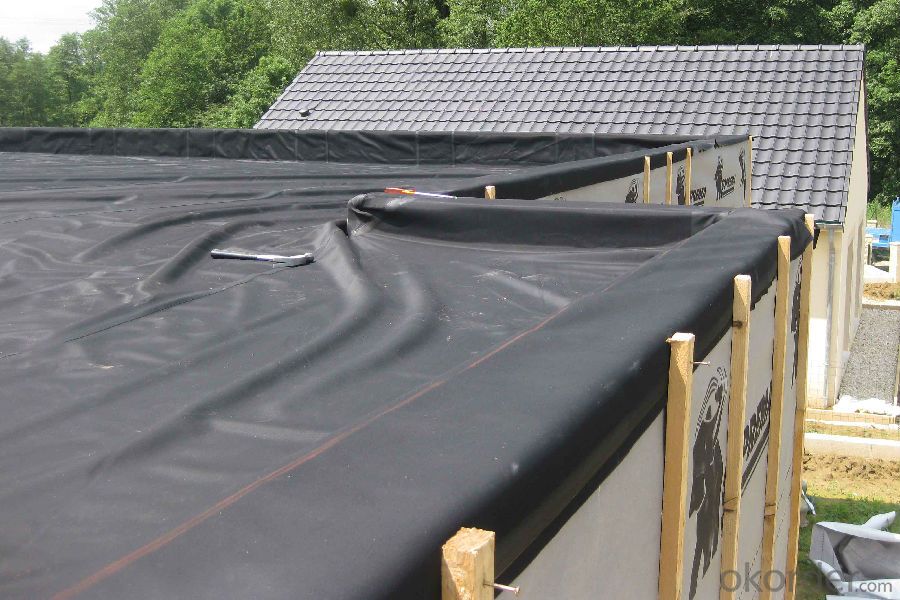
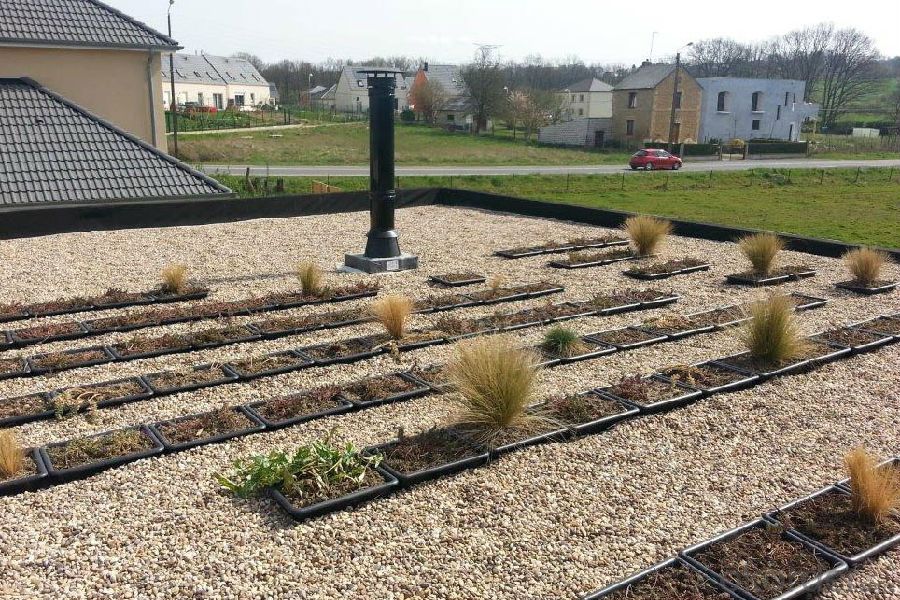
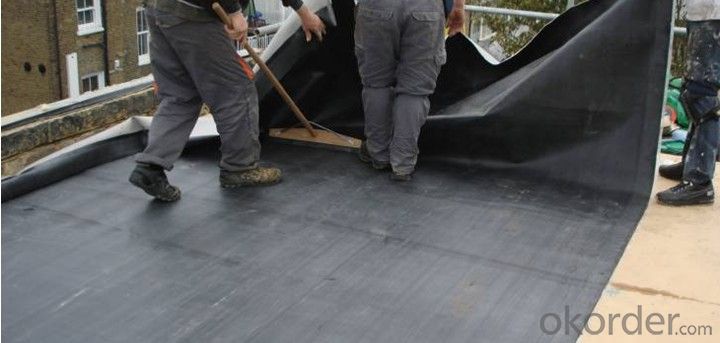
IMages of EPDM Waterproofing Membrane for Agriculture:
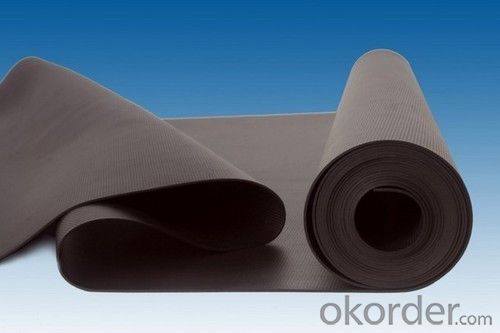
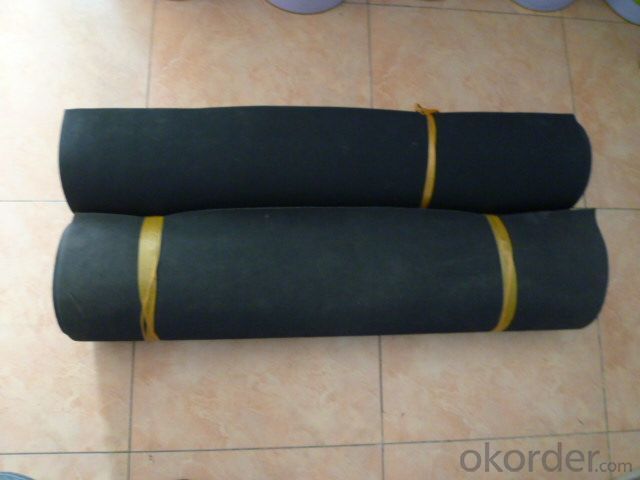
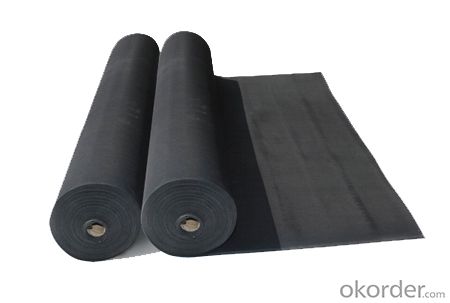
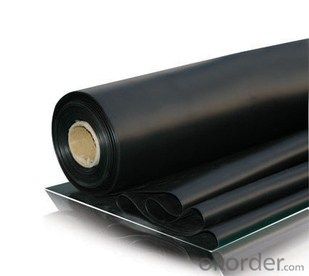
FAQ of EPDM Waterproofing Membrane for Agriculture:
1. What are we supplying?
We are specialized in producing Colorful Asphalt Roof Shingle, SBS/APP modified bitumen waterproof membrane, Self adhesive bitumen waterproof membrane, PVC waterproofing membrane, EPDM rubber roofing membrane, Single Component Polyurethane Waterproof Coating, and Spray Polyurea Waterproof Coating
.
2. How Many years experience do we have?
We have been exported to more than 20 countries in the past 15 years.
3. How long do we usually reply your request?
We always reply our customer within 24 hours.
- Q:Can a waterproofing membrane be used in showers and wet areas?
- Certainly, one can indeed utilize a waterproofing membrane in showers and areas prone to moisture. In actuality, it is highly advisable to incorporate a waterproofing membrane in these regions as a means of averting water harm and leaks. The waterproofing membrane functions as a barrier between the tile or flooring and the underlying floor, guaranteeing containment and channeling of any water that infiltrates the surface towards the drains. This ensures preservation of the foundational structure by preventing moisture-induced damage like decay or mold proliferation. Moreover, a waterproofing membrane also serves to mitigate the risk of water seepage into nearby spaces and inducing harm to adjacent walls or floors. It is of utmost importance to ensure accurate installation of the waterproofing membrane, diligently sealing all seams, corners, and penetrations to achieve the desired level of waterproofing.
- Q:How does a waterproofing membrane handle cracks in the substrate?
- A waterproofing membrane is designed to handle cracks in the substrate by creating a seamless barrier over them. It fills and seals the cracks, preventing water from seeping through and compromising the integrity of the structure. This helps to maintain the waterproofing effectiveness and protect the underlying materials from water damage.
- Q:Can a waterproofing membrane be used for roofing applications?
- Yes, a waterproofing membrane can be used for roofing applications. Waterproofing membranes are specially designed to provide a barrier against water penetration and are commonly used in various construction projects, including roofs. These membranes are typically made from materials such as synthetic rubber, thermoplastics, or modified bitumen, which are known for their durability and ability to resist water damage. Installing a waterproofing membrane on the roof can help protect the building from water leaks and moisture infiltration, which can lead to structural damage, mold growth, and other issues. The membrane is typically applied on the roof surface, providing a seamless and watertight layer that prevents water from seeping through the roof. Waterproofing membranes for roofing applications come in various types, such as sheet membranes, liquid or spray-applied membranes, or self-adhering membranes. Each type has its own advantages and suitability depending on the specific roofing requirements and construction conditions. In summary, a waterproofing membrane can indeed be used for roofing applications and is an effective solution to ensure a watertight and durable roof system.
- Q:Can waterproofing membranes be used on utility tunnels?
- Yes, waterproofing membranes can be used on utility tunnels. These membranes are designed to provide a barrier against water and moisture, ensuring the protection of the tunnel and its contents from potential water damage.
- Q:How does a waterproofing membrane handle exposure to UV rays?
- A waterproofing membrane is designed to have excellent resistance to UV rays. It typically contains additives or stabilizers that protect it from the damaging effects of sunlight. This helps to prevent degradation, discoloration, and potential weakening of the membrane due to prolonged exposure to UV rays.
- Q:Can a waterproofing membrane protect against mold or mildew growth?
- Yes, a waterproofing membrane can help prevent mold or mildew growth by creating a barrier that keeps moisture out. By stopping water infiltration, it reduces the conditions necessary for mold and mildew to thrive, thus providing protection against their growth.
- Q:Can waterproofing membranes be used on concrete slabs?
- Yes, waterproofing membranes can be used on concrete slabs. In fact, it is a common practice to apply waterproofing membranes to concrete slabs to protect them from water damage. Waterproofing membranes are designed to create a barrier that prevents water from penetrating the concrete surface. This is especially important for areas that are exposed to moisture, such as basements, balconies, or swimming pools. By applying a waterproofing membrane, the concrete slab is protected from water infiltration, which can lead to cracks, erosion, or mold growth. Additionally, waterproofing membranes can also enhance the overall durability and lifespan of the concrete slab.
- Q:Can a waterproofing membrane be used for a parking garage deck protection?
- Indeed, the utilization of a waterproofing membrane is a viable option for safeguarding the parking garage deck. Designed with the specific purpose of preventing water infiltration and shielding the underlying structure from moisture-related harm, a waterproofing membrane proves to be highly effective in such scenarios. When applied to the parking garage deck, the waterproofing membrane acts as a barrier, effectively preventing water from permeating the concrete and reaching the steel reinforcement beneath. This, in turn, mitigates the risk of corrosion and deterioration, ultimately prolonging the lifespan of the structure and minimizing the need for expensive repairs or replacements. Moreover, the waterproofing membrane offers protection against other potential sources of damage, including oil or chemical spills resulting from vehicular activity. By creating a barrier, it successfully hinders these substances from penetrating the concrete and causing unsightly stains or deterioration. Supplementary to its protective capabilities, the waterproofing membrane enhances the overall durability and strength of the parking garage deck. It aids in the reduction of cracking, spalling, and other forms of concrete damage that may arise due to freeze-thaw cycles, temperature fluctuations, or heavy loads. All in all, opting for a waterproofing membrane to safeguard the parking garage deck is a highly recommended solution for ensuring the longevity and structural integrity of the facility. By providing a dependable defense against water infiltration, chemical spills, and other potential sources of damage, it serves to decrease maintenance expenses and extend the lifespan of the parking garage deck.
- Q:Can waterproofing membranes be used on concrete block walls?
- Concrete block walls can indeed benefit from the use of waterproofing membranes. It is actually quite common and highly advised to employ such membranes on concrete block walls in order to ward off water infiltration and potential moisture-related harm. These membranes are specifically engineered to establish a barrier against water and can be effectively applied to either the exterior or interior surface of the concrete block walls. In doing so, they furnish an added layer of safeguarding, thereby preventing moisture from penetrating the walls and causing issues such as the growth of mold, efflorescence, and the deterioration of the concrete blocks themselves. By opting for the utilization of waterproofing membranes, you can effectively ensure the long-lasting resilience and durability of your concrete block walls.
- Q:Can a waterproofing membrane be used for plant rooms?
- Indeed, plant rooms can benefit from the utilization of a waterproofing membrane. These rooms frequently accommodate machinery and equipment that necessitate safeguarding against water and moisture. Employing a waterproofing membrane can effectively avert water-related harm to both the plant room and its enclosed equipment. By establishing a protective barrier, the membrane effectively prohibits the infiltration of water into the walls, floors, and ceilings of the plant room. This becomes particularly crucial in regions prone to water leaks or condensation. Waterproofing membranes are meticulously engineered to endure diverse environmental circumstances, guaranteeing enduring protection for plant rooms.
1. Manufacturer Overview |
|
|---|---|
| Location | |
| Year Established | |
| Annual Output Value | |
| Main Markets | |
| Company Certifications | |
2. Manufacturer Certificates |
|
|---|---|
| a) Certification Name | |
| Range | |
| Reference | |
| Validity Period | |
3. Manufacturer Capability |
|
|---|---|
| a)Trade Capacity | |
| Nearest Port | |
| Export Percentage | |
| No.of Employees in Trade Department | |
| Language Spoken: | |
| b)Factory Information | |
| Factory Size: | |
| No. of Production Lines | |
| Contract Manufacturing | |
| Product Price Range | |
Send your message to us
EPDM Waterproofing Membrane for Agriculture
- Loading Port:
- Shanghai
- Payment Terms:
- TT OR LC
- Min Order Qty:
- 50000 m²
- Supply Capability:
- 5000000 m²/month
OKorder Service Pledge
OKorder Financial Service
Similar products
New products
Hot products
Hot Searches
Related keywords
